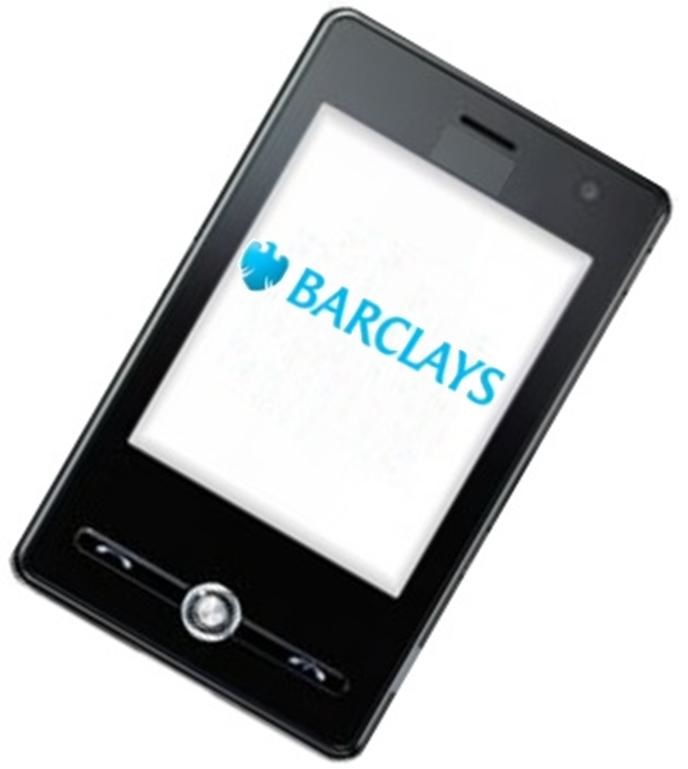Arkadi Kuhlmann is starting a new smartphone based service that is being called ZenBanx.
The founder of ING Dierct, Arkadi Kuhlmann, had been out of the public eye for quite some time, but has recently entered into a mobile banking venture with a new partner, Duca Financial Services Credit Union.
As was the case in his last financial services venture, Kuhlmann is seeking to offer an alternative to the standard.
ZenBanx is designed to provide a cheaper and easier form of mobile banking that will allow for foreign currency exchanges, transfers, and other types of transaction. According to Mr. Kuhlmann explained that the pitch is a smartphone based “regulated bank account with a multi-currency capability” that is “designed to let money travel as freely as humans.” ING Direct Canada was a company that was launched in 1997 and that expanded successfully a few years afterward into the U.S.
ZenBanx is a mobile banking venture in which Kuhlmann has been participating since 2012.
 ING Groep NV sold ING Direct Canada to the Bank of Nova Scotia in 2012 for $3.1 billion. Kuhlmann stated that using this service would give customers the ability to save in as many as 5 different currency positions, as well as the ability to exchange among them. He also said that customers would be able to send money internationally in a way that is far less expensive and less difficult than the current options that are available to consumers.
ING Groep NV sold ING Direct Canada to the Bank of Nova Scotia in 2012 for $3.1 billion. Kuhlmann stated that using this service would give customers the ability to save in as many as 5 different currency positions, as well as the ability to exchange among them. He also said that customers would be able to send money internationally in a way that is far less expensive and less difficult than the current options that are available to consumers.
At the opening of this mobile payments service, the currencies that will be available for exchange and transfer will be the U.S., Canadian, Singapore, and Honk Kong dollar, the British pound, the Euro, the Japanese Yen, and the Indian Rupee.
Kuhlmann spoke of this mobile banking service and his interpretation of ZenBanx by saying that “I think banking and money hasn’t really been able to keep up with a lot of the needs now,” adding that “You and I can move freely around the world, but moving money has become costly and tedious.” Through his past in the financial sector, he has considerable experience in building and working with a less expensive model of banking.
The operator from the United Kingdom has announced the start of fares paid through smartphone transactions.
In the United Kingdom, a regional bus operator has now announced that it will be accepting mobile payments to let riders pay for their fares using the Barclay’s Pingit app, using their smartphones.
The bus company, First West Yorkshire, is among the first in the country to enable Pingit fares.
First West Yorkshire, has made an announcement that has revealed that it will be beginning the use of the mobile payments service in order to provide riders with an additional transaction method. The service that they have chosen is Pingit, the app that was initially introduced by Barclays back in 2012. The transportation industries in the United Kingdom have not yet broadly adopted smartphone based payments, making this local operator among the first to take that first step into this sphere.
The choice to use mobile payments was meant to be a reflection of the company’s intention to keep up with what consumers want.
 According to the First West Yorkshire managing director, Paul Matthews, “Our partnership with Barclays puts First at the forefront of bus ticketing technology and reflects our commitment to grasp ever more innovative ways to make bus travel better, easier and more convenient.”
According to the First West Yorkshire managing director, Paul Matthews, “Our partnership with Barclays puts First at the forefront of bus ticketing technology and reflects our commitment to grasp ever more innovative ways to make bus travel better, easier and more convenient.”
Though this bus operator is among the first in the U.K. transportation industry to make this move into appealing to consumers with mobile devices, the rest of the world has been catching on at an increasing rate. Some have predicted that this will be an important trend in areas such as travel and in public transportation. Mobile check-ins, for instance, are becoming increasingly commonplace among airlines in airports.
Some cities around the world have also been piloting programs that have been testing the use of smartphone based ticketing for their bus and subway systems. Among the key challenges has been choosing technology that would be compatible with the largest number of mobile devices as there has yet to be a standard within the very young smartphone based transaction industry.
From First West Yorkshire’s point of view, the mobile payments ticketing service has been chosen to give riders a quick, easy, and convenient way to use their smartphones to purchase and store their fares.
 ING Groep NV sold ING Direct Canada to the Bank of Nova Scotia in 2012 for $3.1 billion. Kuhlmann stated that using this service would give customers the ability to save in as many as 5 different currency positions, as well as the ability to exchange among them. He also said that customers would be able to send money internationally in a way that is far less expensive and less difficult than the current options that are available to consumers.
ING Groep NV sold ING Direct Canada to the Bank of Nova Scotia in 2012 for $3.1 billion. Kuhlmann stated that using this service would give customers the ability to save in as many as 5 different currency positions, as well as the ability to exchange among them. He also said that customers would be able to send money internationally in a way that is far less expensive and less difficult than the current options that are available to consumers.
 According to the First West Yorkshire managing director, Paul Matthews, “Our partnership with Barclays puts First at the forefront of bus ticketing technology and reflects our commitment to grasp ever more innovative ways to make bus travel better, easier and more convenient.”
According to the First West Yorkshire managing director, Paul Matthews, “Our partnership with Barclays puts First at the forefront of bus ticketing technology and reflects our commitment to grasp ever more innovative ways to make bus travel better, easier and more convenient.”